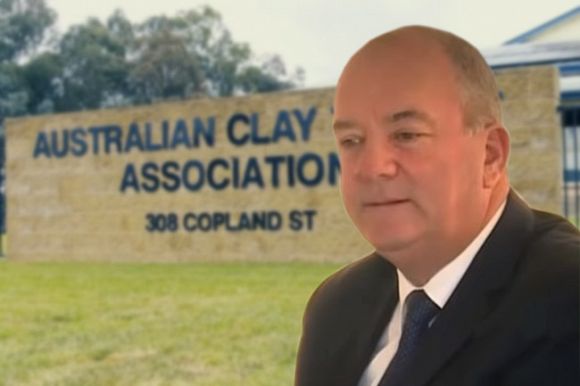Prime Minister Albanese has said that the pursuit of WikiLeaks founder Julian Assange served no purpose; it is now time to do all in his power to bring him home, writes Dr Binoy Kampark.
AFTER HAVING a few meetings with Australia’s then Opposition Leader Anthony Albanese, Julian Assange's father, John Shipton, felt reason to be confident.
Albanese told Shipton that he would do whatever he could, should he win office, to bring the matter to a close.
In December 2019, before a gathering at the Chifley Research Centre, Albanese also commented about Assange:
“You don’t prosecute journalists for doing their job.”
In December 2021, he also expressed the view that the “ongoing pursuit of Mr Assange” served no evident “purpose” and that “enough is enough”.
That said, prior to winning office, the Labor Opposition was hardly making disruptive ripples on the subject.
"As an Australian, he is entitled to consular assistance,” remarked the then Opposition Spokesperson for Foreign Affairs Senator Penny Wong in April, adding:
“We also expect the [Morrison] Government to keep seeking assurances from both the UK and U.S. that he’s treated fairly and humanely … Consular matters are regularly raised with counterparts, they are regularly raised and this one would be no different.”
The problem with these assurances is precisely why such a stance is woefully, even disgracefully, inadequate. These have no weight or bearing in law and can be ignored.
Power lies; absolute power lies absolutely. Such a crucial point was blithely ignored by Lord Chief Justice of England and Wales Ian Burnett, and Lord Justice Timothy Holroyde, in their December 2021 decision. In reversing the lower court decision, the justices thought little of questioning the bad faith of Washington’s guarantees that Assange would not spend time in the ADX Florence supermax prison, or face special administrative measures (SAMs), were he to be extradited. These might have been made at the initial trial, but the prosecutors decided, after the fact, to change their tune on appeal.
Within the new Labor Government, there are members who insist that Assange be freed. Julian Hill MP is one, convinced that Albanese, as Australia’s new Labor Prime Minister, would be a “man of integrity” and be true to his “values”.
Within his own party, there were members:
"...who have had an active involvement in the Assange group based on these critical principles – press freedom and fighting against the chilling effect on the media that this persecution would have – and would hope that our Government could achieve an outcome.”
A number of voices outside politics have also urged the new Albanese Government to make urgent representations to Washington to change the prosecutorial and persecuting tone against the WikiLeaks founder.
In a Crikey article, Guy Rundle suggests 'some form of official representation' to the U.S. is required to end extradition efforts which would see Assange charged under the Espionage Act of 1917 and that 'representation to the UK Government [should be made] to refuse extradition immediately, and release Assange'.
Stuart Rees, Founder of the Sydney Peace Foundation senses a new form of politics 'in the air'. Citing Archbishop Desmond Tutu’s remarks that there could be no future without generosity and forgiveness, he sees any intervention to free Assange as 'a next step towards recovery of national self-respect'.
The only thing for Prime Minister Albanese to do is to get on the phone to UK Prime Minister Boris Johnson and cancel the extradition.
How the WikiLeaks publisher’s fate is handled will be revealing of the new Labor Government’s attitude to traditional alliances.
The PM, when asked this week how he would approach the Assange case, had removed the hat of candour:
“My position is that not all foreign affairs is best done with the loudhailer.”
Now more embedded than ever in the U.S. security framework, crowned by the AUKUS alliance, the length Australian politicians and officials will go to rock the boat of cordial understanding on the issue of Assange is unlikely to be extensive. Even if Albanese prefers to put the loudhailer aside, the prospects of seeming supine and looking ineffectual are brutally real.
Dr Binoy Kampmark was a Cambridge Scholar and is a lecturer at RMIT University. You can follow Dr Kampmark on Twitter @BKampmark.
Related Articles
- Assange legal team announces 'fresh developments' at court hearing
- Father of Assange, John Shipton, speaks for human rights in Rome
- Julian Assange's family tirelessly advocate for his freedom
- Rotten rulings — Julian Assange's extradition appeal denied
- Walker, Assange and the 'climate kids': Signs of a broken legal system
 This work is licensed under a Creative Commons Attribution-NonCommercial-NoDerivs 3.0 Australia License
This work is licensed under a Creative Commons Attribution-NonCommercial-NoDerivs 3.0 Australia License
Support independent journalism Subscribe to IA.















